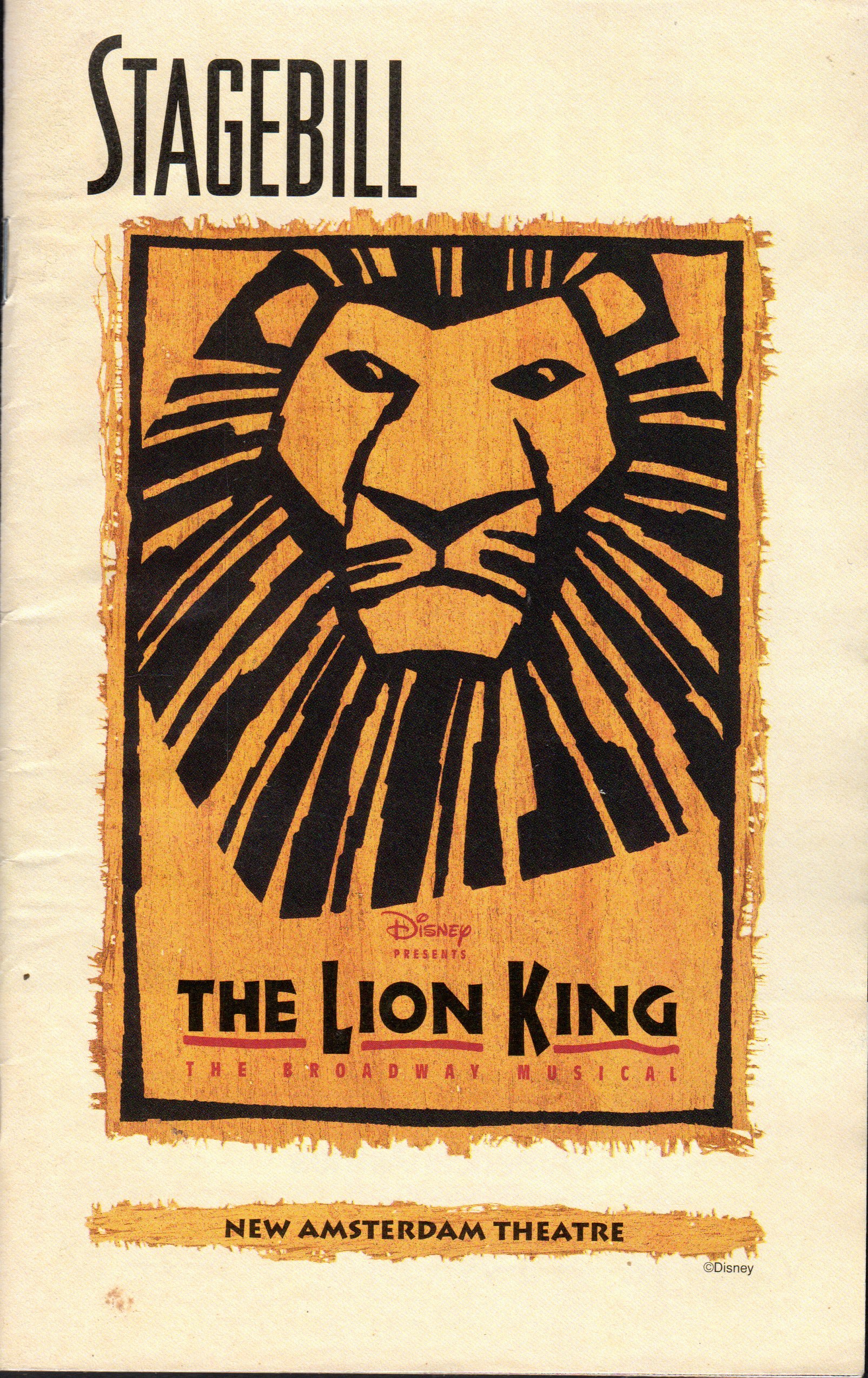Stagebill
Stagebill was a well-renowned American print publication, widely distributed within major musical and theatrical productions across the United States from the late 20th century until the early 2000s. The magazine served as a playbill, providing patrons with detailed pieces about the ongoing productions, background information on the cast and crew, and other related content.
Founders and Publication History
The magazine was established in 1987 by Terry Christovich Gaynor. Operating under Stagebill Media LLC, the magazine was based in New York City, the heart of the American theater industry. Over time, it became a fixture at many prestigious theater venues across the country, including Broadway, and equally renowned music establishments, such as the Metropolitan Opera.
Content and Format
Stagebill excelled in delivering rich, informative content for theater and music enthusiasts. Its pages often contained feature articles on the cast, crew, and production teams of the current show. It also offered substantial background information on the featured plays, operas, or concerts, enhancing the theatergoers' experience with greater depth and knowledge.
Insights into existing productions, interviews with eminent personalities in the arts, and a conscious emphasis on high-quality photography contributed to Stagebill's reputation. The magazine also carried advertising, typically for luxury goods and services related to the affluent theater-going demographic.
Impact on Arts and Theater Community
Stagebill, throughout its run, played a significant role in connecting audiences closer to the world of theater and arts, making it more accessible and engaging. It fostered a stronger sense of involvement and understanding among theater-goers while simultaneously offering a platform for art institutions and productions to reach their audience.
Despite ceasing its print publication in 2002 due to financial issues, Stagebill continues to hold a unique place in American theater history for its notable role in enhancing the theater-going experience.{{Categories}}